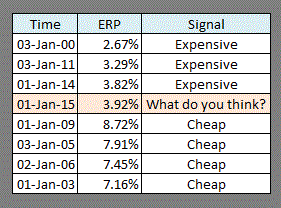We hear, and we read about people taking pride in saying that they are value investors, not speculators or traders, and that they belong to that old school value investing camp. Then they go on about how they junk text book finance, and embrace straight-forward, simple, yet practical value investing school. They also quote their patriarchs, and several other renowned (value) investors.
I have no particular dissent from that thought; yet, I have a certain demur. And that is about the name itself that is used particularly to differentiate from the other schools, viz. academia, speculators, traders, and the like. It seems quite cool to say that you are a value investor. At the cost of appearing silly (what's in a name?) to some, I hold on to the view that you are either an investor, or you are not; period.
Investors have certain philosophies, which separate them from others, and we don't care whether these others belong to teaching, research, speculation, or even value investing, or not. Let's give some thought about why we care to invest. There could be three reasons: We need to consume in future. We need to retain our purchasing power in future. We face uncertainties in future. In view of this, we demand adequate compensation for deferring that urge for instant gratification, for bearing that implied tax called inflation, and for dealing with that uncertainty.
I am not sure what those value investors do differently; I believe they invest their capital to seek adequate compensation too. I would really like people (and there are institutions too) stop using that phrase value investing.
Heck, why do I care, and get excited about this? I would rather analyze value in investments. I would rather be a value analyst.
I am prepared to give in. Value investing is fine if they are involved in investing, rather than something else. Let them call themselves value investors, or some other name. And really, what's in a name?
Ouch, I can't resist this, are you a value investor?
I am not sure what those value investors do differently; I believe they invest their capital to seek adequate compensation too. I would really like people (and there are institutions too) stop using that phrase value investing.
Heck, why do I care, and get excited about this? I would rather analyze value in investments. I would rather be a value analyst.
I am prepared to give in. Value investing is fine if they are involved in investing, rather than something else. Let them call themselves value investors, or some other name. And really, what's in a name?
Ouch, I can't resist this, are you a value investor?








